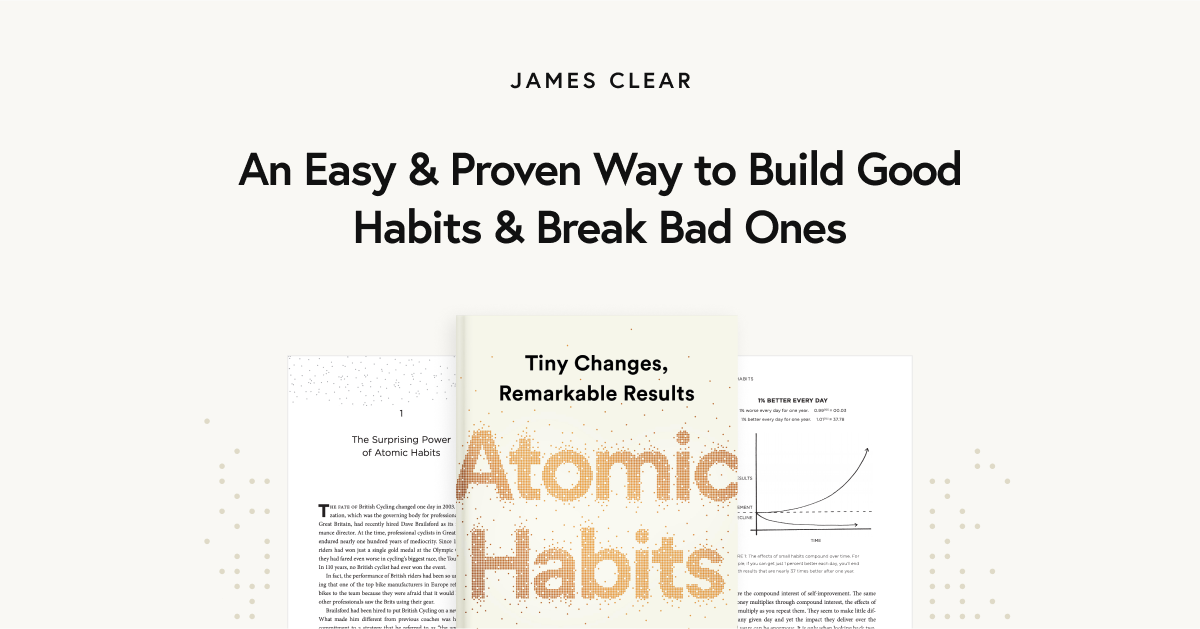
Saved by Prashanth Narayan and
"Seeking New Laws"

Saved by Prashanth Narayan and

Theories should be accurate in their predictions, consistent, broad in scope, present phenomena in an orderly and coherent way, and be fruitful in suggesting new phenomena or relationships between phenomena.
This is what physicist Max Planck (the father of quantum mechanics), Einstein, and others observed: No matter how much you know, there is an infinite amount of chance and randomness in the universe.
